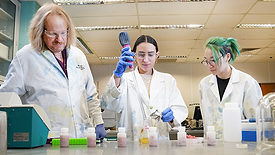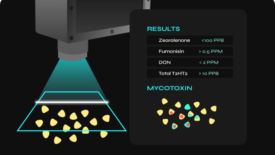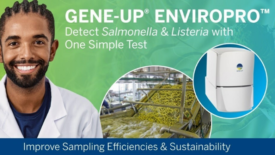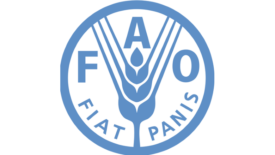Testing & Analysis
A New Era for Food Allergen Analysis? Shifting Focus from Detection to Accurate and Precise Quantification
Method considerations and data gaps must be addressed in the shift toward quantitative, risk-based allergen management strategies
February 6, 2023
Never miss the latest news and trends driving the food safety industry
eNewsletter | Website | eMagazine
JOIN TODAY!Copyright ©2025. All Rights Reserved BNP Media.
Design, CMS, Hosting & Web Development :: ePublishing











